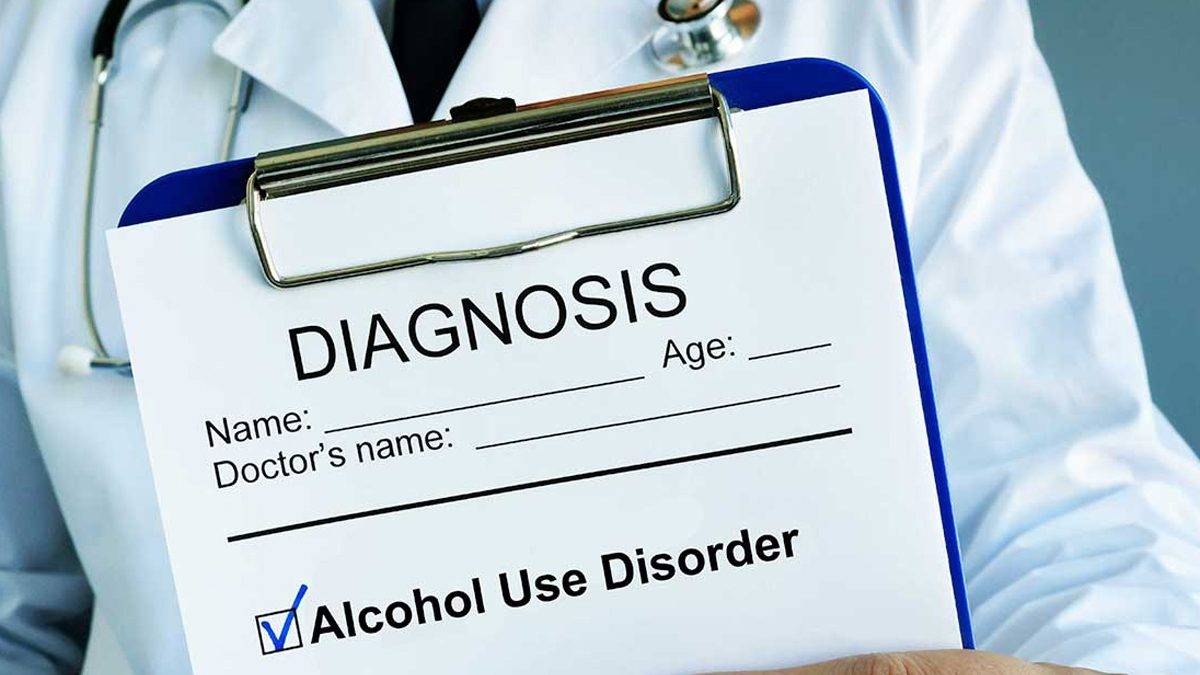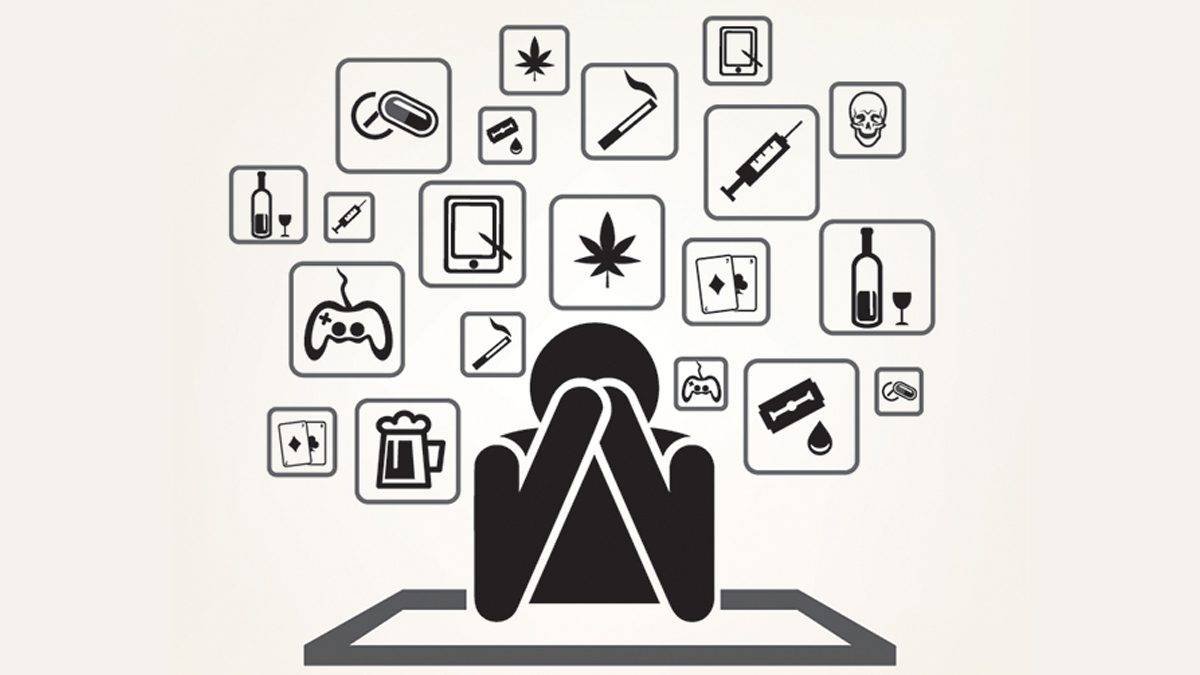New Research Explains How To Beat Brain Hackers At Their Own Game A 60 Minutes story aired on April 9focused on how Silicon Valley is engineering your smartphone, apps, and social media platforms to get you hooked. The gist was that programmers are aware of what they need to do to make your brain addicted to their creations—and that they[…]
Tag Archives: Behavior
An important Clue Alcoholism is defined usually as the abuse of alcohol to the extent that it interferes with physical health and with the social aspects of life, including work. It is compulsive and potentially addictive. It can be present in different ways. Some individuals never drink during the day, but drink every night to the point of oblivion. Others[…]
Video Games Create Addictions Akin to Drug Addiction If you don’t think kids get hooked on video games, think again. If you Google “video game addiction,” you will find more than a dozen pages of Web sites dealing with this issue. There are also many pages of formal research papers found via a search on Google[…]
Chronic Stress Can Increase Vulnerability to Addiction Stress is a key risk factor in addiction initiation, maintenance, relapse, and thus treatment failure (Sinha & Jastreboff, 2013). Stressful life events combined with poor coping skills may impact the risk of addiction through increasing impulsive responses and self-medication. While it may not be possible to eliminate stress, we[…]
How Much Control Do Any of Us Have Over Our Happiness? Smile! Turn that frown upside down. Chin up; everything will be okay. Keep calm and carry on. Think positive. Or as Bobby McFerrin sang years, ago, Don’t worry. Be happy. Such messages are everywhere. It seems as if the undergirding belief is: Just change your attitude and[…]
Depending on How You Define an Addiction, 15 to 60 Percent of Us Have One You’ll hear that a group of people have an “addictive personality” and sometimes hear that they’re neurotic, dishonest, and selfish. Don’t believe it. Temma Ehrenfeld is a writer and editor. As a journalist, she covers health, psychology, and personal finance. Her work has appeared[…]
Wanting & Liking Are The Basis of Motivation, Our Psychological Oxygen Humans must find the motivation to continue the journey of life. Motivation to go to work, to parent, to invest in costly long-term relationships, and motivation to wake up every morning and give life another shot. Some aspects of these life tasks must be rewarding for people[…]
How Do You Know You Have an Addiction? Drawing from research on addiction in neuroscience, psychology, and clinical practice, the following list identifies several key behavioral patterns associated with addiction: Shahram Heshmat, Ph.D., is an associate professor emeritus at the University of Illinois at Springfield with a Ph.D. in Managerial Economics from Rensselaer Polytechnic Institute. He specializes in the Health Economics[…]
Distinguishing Between Food & Drug Addiction Research is beginning to uncover that the brain reward systems responsible for making drugs of abuse so addictive are the same pleasure systems that are activated by the foods we eat. While it’s easy to list differences between foods and drugs our brains can have a very hard time differentiating between the pleasure derived from[…]
Research Reveals The Brain Chemistry Behind The Struggle With Overeating Food Addiction Is Not About Willpower: Have you ever heard a friend exclaim that a certain dessert – flourless chocolate cake, say – is “totally addictive”? For some people, this is just a breezy exaggeration. They mean that they liked the cake very much and[…]










